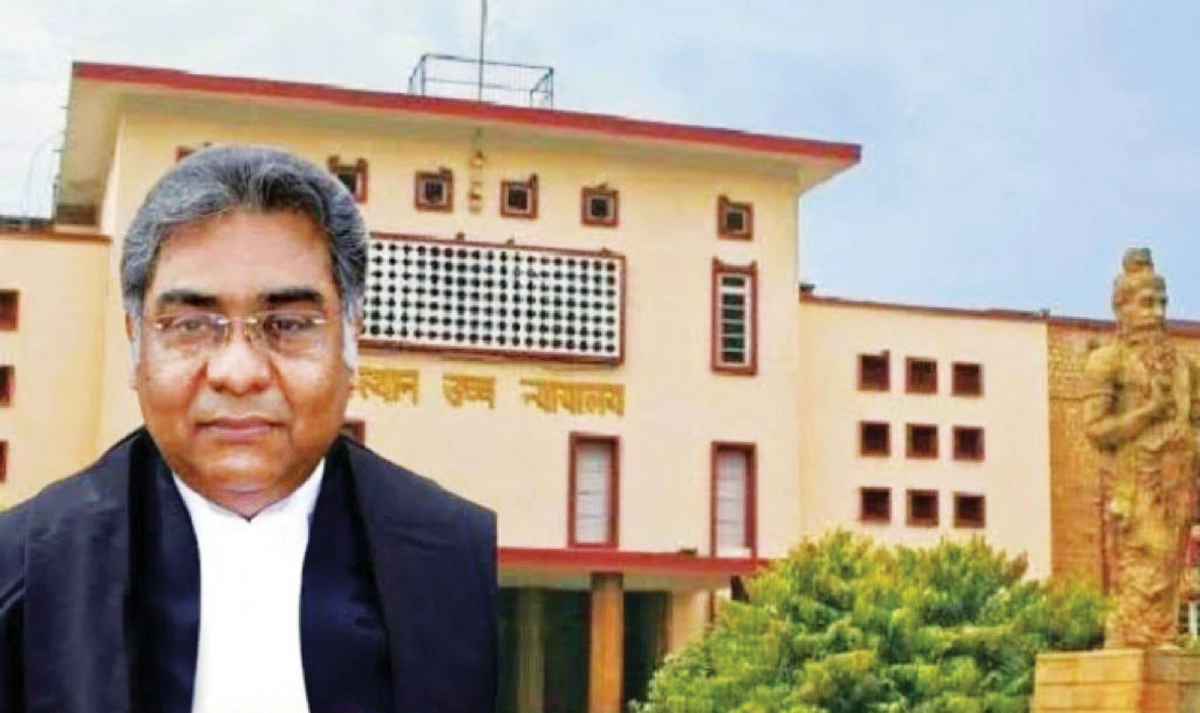Justice MM Shrivastava (Manindra Mohan Shrivastava) will be the Chief Justice of the Rajasthan High Court. He is currently working as the acting Chief Justice of Rajasthan High Court. The Supreme Court Collegium has recommended his appointment.
The Collegium also recommended the appointment of new Chief Justices (CJs) for the High Courts of Allahabad, Gauhati, Punjab & Haryana and Jharkhand.
The Collegium headed by Chief Justice of India (CJI) DY Chandrachud and comprising Justices Sanjeev Khanna and BR Gavai passed the resolutions, which were uploaded on the official website today evening.
The following judges have been recommended to take over as Chief Justices:
Justice Arun Bhansali, Judge Rajasthan High Court, has been recommended for appointment as Chief Justice of the Allahabad High Court.
Justice Vijay Bishnoi, Judge Rajasthan High Court, has been recommended for appointment as Chief Justice of the Gauhati High Court.
Justice Sheel Nagu, Judge Madhya Pradesh High Court, has been recommended for appointment as Chief Justice of the Punjab and Haryana High Court
Justice BR Sarangi, Judge Orissa High Court, has been recommended for appointment as Chief Justice of the Jharkhand High Court.
Supreme Court Collegium
The Collegium of the Supreme Court consists of 5 seniormost Judges including the Chief Justice of India. They will consider the elevation of Chief Justices/Judges of the High Court to the Supreme Court, the elevation of Judges of High Courts as Chief Justices and the elevation of Judges. In case of a difference of opinion, the majority view will prevail. Since the Constitution mandates consultation with the Chief Justice of India is necessary for appointments to the judiciary, the collegium model evolved.
Collegium System
It is a system under which appointments and transfers of judges are decided by a forum of the Chief Justice of India and the four senior-most judges of the Supreme Court. It has no place in the Indian Constitution.
The BuckStopper, run by a group of seasoned journalists, holds the powerful accountable. The buck stops with them, as they cannot shrug off their official responsibilities.
